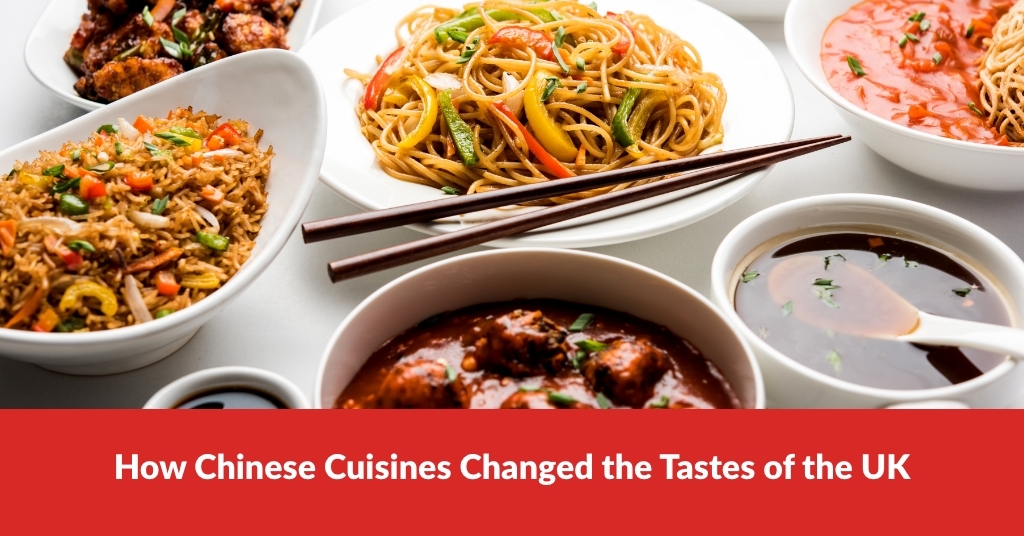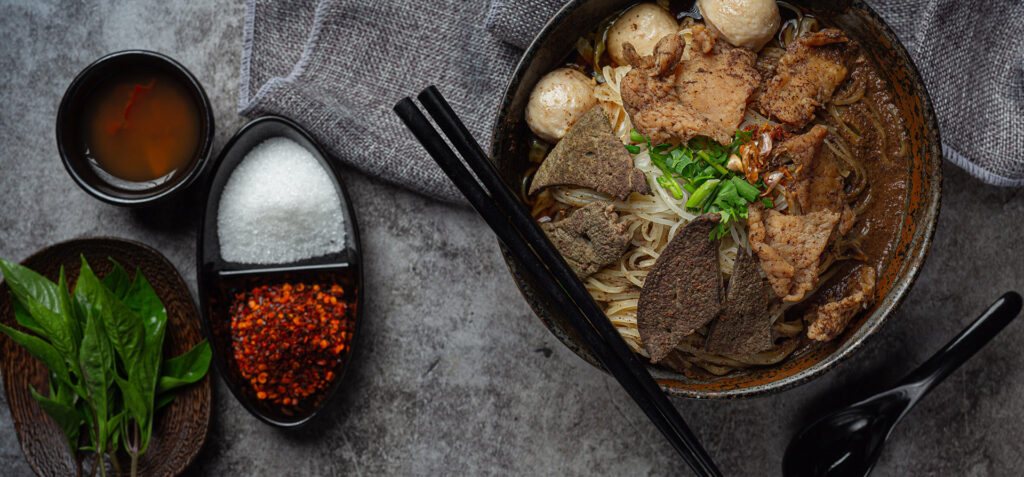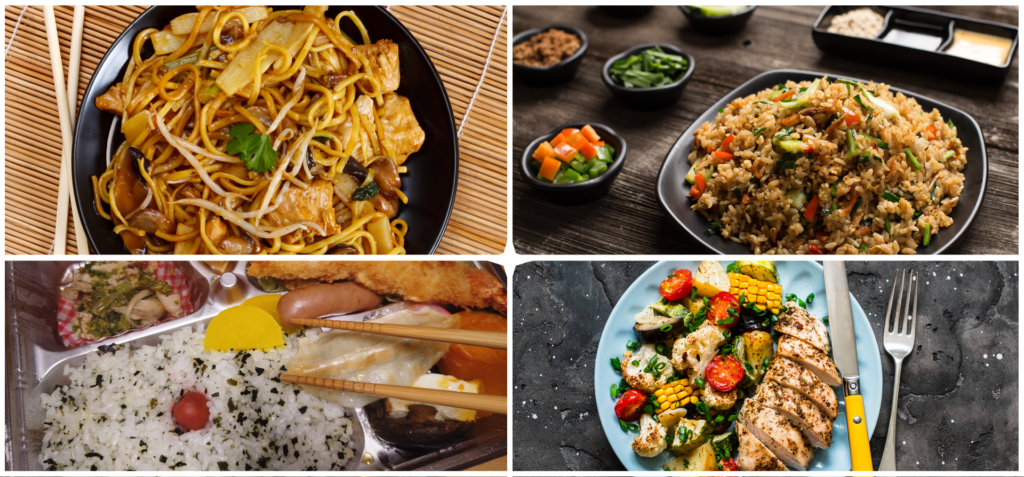Over the last few decades, Chinese cuisine has woven itself into the culinary fabric of the UK. From bustling London high streets to small towns in the countryside, Chinese food is now an essential part of British dining culture. But how did this vibrant cuisine gain such popularity, and how has it influenced the way we eat today?
Let’s take a closer look at how Chinese food reshaped the UK’s taste buds—and continues to inspire food lovers across the nation.

A Brief History of Chinese Food in the UK
The journey of Chinese cuisine in the UK began in the early 20th century, when Chinese immigrants arrived, primarily from Hong Kong and southern China. The first recorded Chinese restaurant in London opened in 1908—yet it wasn’t until the 1950s and 60s that Chinese eateries really began to thrive. Post-war Britain saw a growing interest in international flavours, and Chinese food, with its bold sauces and unique techniques, quickly gained attention.
By the 1980s, sweet and sour chicken, egg fried rice, and chow mein became household favourites. Families across the UK found comfort in Friday-night takeaways from the local Chinese, and that tradition hasn’t faded—it’s only grown stronger.
The Rise of the British-Chinese Fusion
While traditional Chinese dishes remained at the heart of many menus, British tastes led to a unique adaptation of classic recipes. Dishes like crispy aromatic duck, salt and pepper chips, and chicken balls in sweet and sour sauce may not be found in China—but they’ve become iconic in the UK.
These fusion creations brought Chinese food into the mainstream, making it accessible, familiar, and endlessly craveable. Chefs across the country learned to balance authenticity with innovation, blending traditional spices and cooking techniques with locally loved ingredients.
A New Appetite for Authenticity
In recent years, there’s been a noticeable shift in the UK’s dining scene. While the classic takeaway staples remain beloved, there’s growing demand for more regional and authentic Chinese flavours—from Sichuan hotpots and Xi’an biang biang noodles to Cantonese dim sum and Hunan stir-fries.
This appetite for authenticity has led to a boom in new restaurants, food stalls, and home delivery menus offering dishes once unfamiliar to many Brits. Diners are exploring spicy, sour, umami-rich dishes like mapo tofu, dan dan noodles, and Chinese BBQ with a curiosity that’s reshaping what “Chinese food” means in the UK.
The Takeaway Culture: A National Favourite
One of the biggest ways Chinese cuisine changed UK tastes is by shaping the country’s takeaway culture. For many families, a Chinese takeaway is not just a meal—it’s a tradition. Whether it’s a Friday night ritual or a quick midweek dinner, Chinese food has earned its spot as one of the UK’s top takeaway choices.
Thanks to platforms like Foodhub, ordering your favourite Chinese meal has never been easier. With just a few taps, you can have piping-hot dumplings, crispy spring rolls, or spicy kung pao chicken delivered straight to your door.
More Than a Meal: A Cultural Connection
Chinese cuisine has done more than just satisfy cravings—it’s opened doors to Chinese culture, ingredients, and culinary techniques. From soy sauce and five-spice powder becoming pantry staples to wok cooking and steamed dishes making their way into home kitchens, the UK’s everyday cooking has been influenced in countless ways.
Festivals like Chinese New Year are now widely celebrated, with special food menus, takeaway deals, and community events reflecting the deeper cultural connection between British and Chinese communities.
Final Thoughts
From humble beginnings to becoming one of the UK’s most loved cuisines, Chinese food has made a lasting impact on the nation’s taste buds. It’s changed the way we eat, what we crave, and how we celebrate food. Whether you’re a fan of classic sweet and sour dishes or looking to explore the depth of regional Chinese flavours, there’s no doubt that Chinese cuisine has earned its place at the heart of UK food culture.
And the best part? Your next Chinese favourite might just be a few clicks away—thanks to Foodhub.

